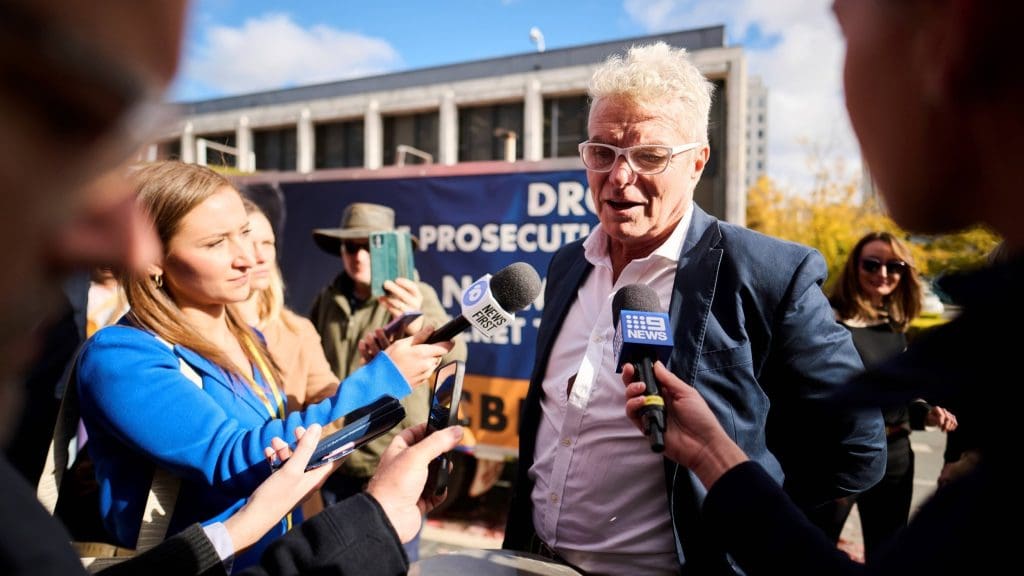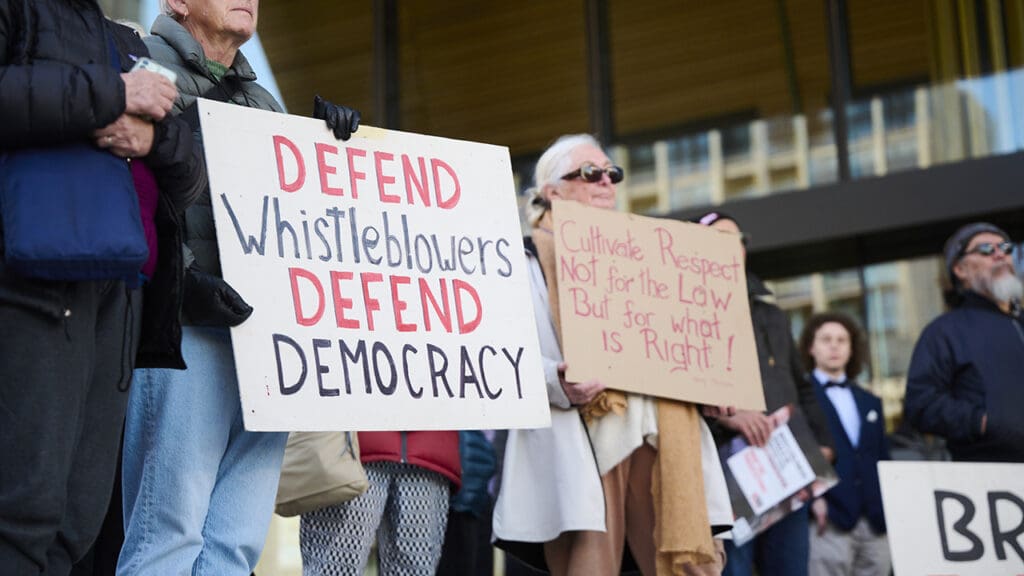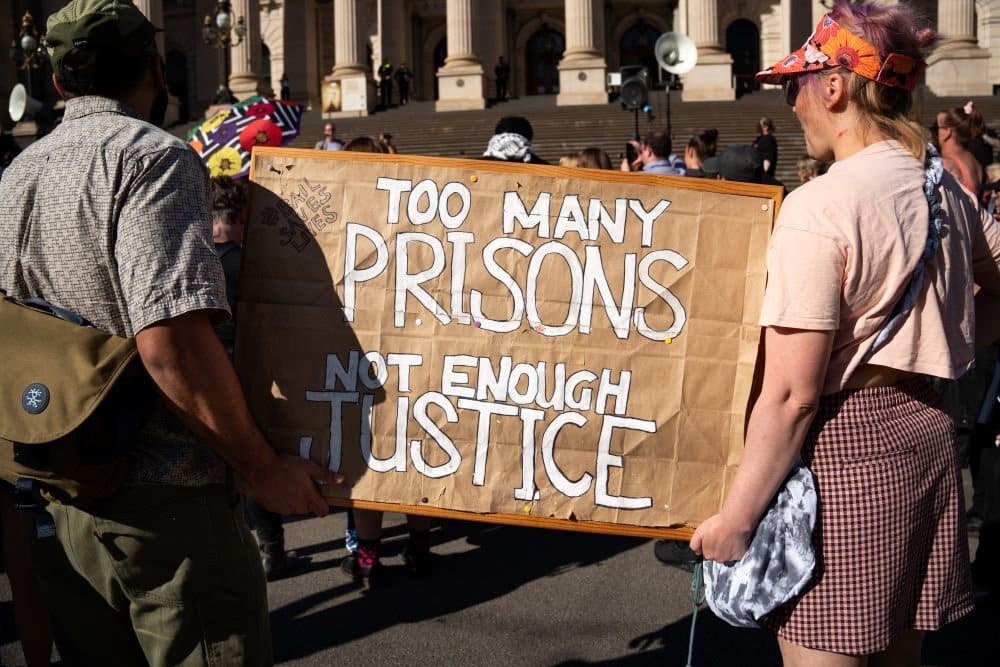Human Rights Law Centre publishes FY22-23 equitable briefing data
Last year, the Human Rights Law Centre adopted an equitable briefing policy to guide and improve our briefing of barristers. Consistently with the principles of transparency and accountability which underpin the policy, we are pleased to publish our briefing data for the first full financial year of the policy’s operation.
The legal profession does not currently reflect the community that it serves, and as a human rights organisation we have a responsibility to help address this. Working with counsel who have a diversity of perspectives, experiences and backgrounds is good for our clients and good for the profession. The policy was developed in consultation with a range of stakeholders across the profession.
We have set targets to offer more briefs to barristers who are Aboriginal or Torres Strait Islander, people of colour or who have a disability and barristers who are women or gender diverse. Additionally, we have pledged to increase the number of briefs accepted by (as distinct from offered to) diverse counsel in comparison to benchmark briefing data. The policy sets out a range of other initiatives to ensure the Centre is contributing to fostering greater diversity within the legal profession.
In FY2022-23, we offered briefs to 44 barristers. 7 were to barristers who are Aboriginal or Torres Strait Islander, people of colour or who have a disability, representing 16% of briefs. Five were barristers of colour, one was an Aboriginal barrister and one was a barrister with a disclosed disability. 17 of the barristers we offered briefs to were women, representing 39% of briefs. 12 briefs were to senior counsel; of these, five were women, representing 42% of briefs offered to senior counsel.
Our equitable briefing policy was developed using baseline data from a prior financial year. Of 66 briefs to counsel, 9% were to people of colour, no briefs went to Aboriginal or Torres Strait Islander barristers, 62% of briefs went to men, including 71% of senior counsel briefs. In the policy, we committed to improving on this data.
In FY2022-23, briefs were accepted by 39 barristers. 13% of briefs were to people of colour. No briefs were accepted by Aboriginal or Torres Strait Islander barristers. 64% of briefs were to men, including 58% to male senior counsel.
In summary, we met our equitable briefing targets, both briefs offered and briefs accepted, in relation to barristers of colour and women senior counsel. However, we fell short of meeting our target in relation to briefing women counsel generally. Indeed, our number of briefs accepted by women or gender diverse counsel (other than senior counsel briefs) slightly regressed.
The Human Rights Law Centre is committed to our equitable briefing policy and will continue to monitor and report on our compliance. The mixed outcomes in FY2022-23 underscores the importance of a continued focus on equitable briefing practices.
Media Enquiries
Chandi Bates
Media and Communications Manager

Albanese Government must act on whistleblower reform as David McBride’s appeal dismissed
The Human Rights Law Centre, the Alliance for Journalists’ Freedom and the Whistleblower Justice Fund are calling on the Albanese Government to act on urgent, robust whistleblower protection reform, after war crimes whistleblower David McBride’s appeal was dismissed today.
Read more
Tax whistleblower Richard Boyle’s guilty plea an indictment on Australia’s broken whistleblowing laws
The Human Rights Law Centre and the Whistleblower Justice Fund have condemned the Albanese Government’s ongoing prosecution of Richard Boyle, as the tax office whistleblower pleaded guilty at a hearing in Adelaide today.
Read more
Crisafulli Government’s shameful adult sentencing laws will harm kids, families, and communities
The Human Rights Law Centre and Change the Record have slammed the Crisafulli Government for passing laws that will sentence even more children to adult-length terms of imprisonment. The laws will lock up children for even longer, and harm kids, families, and communities.
Read more


